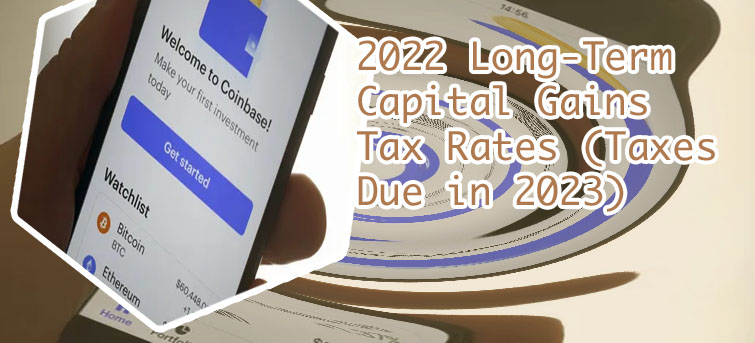
Converting crypto taxable
How to file your crypto taxes in minutes
Whether you can get your hands on these documents or not, you'll need information related to each and every transaction you made for the previous year, and use that information to fill out Form 8949. This shows the IRS that you made a good-faith effort to do the math and give them an estimate of what you owe. Do you get taxed for converting crypto 403. Forbidden.
Does converting crypto on coinbase get taxed
As mentioned above, crypto gifts to individuals that are below a certain dollar amount in value are not subject to taxation. Neither are crypto gifts to non-profit organizations. While it may appear as if taxation has been avoided, there has yet to be a crypto-to-crypto exchange. The ownership of the crypto has been exchanged, but the crypto itself remains the same. If anything, the potential tax liability has been passed on to the individual or non-profit organization receiving the crypto as a gift. If the receiver later exchanges the gifted crypto for another type of crypto, they will have to pay taxes on any capital gains. Popular articles from this firm Your request has been blocked due to a network policy.

Market health and long term goals
These materials are for general information purposes only and are not investment advice or a recommendation or solicitation to buy, sell, stake, or hold any digital asset or to engage in any specific trading strategy. Some crypto products and markets are unregulated, and you may not be protected by government compensation and/or regulatory protection schemes. The unpredictable nature of the cryptoasset markets can lead to loss of funds. Tax may be payable on any return and/or on any increase in the value of your crypto assets and you should seek independent advice on your taxation position. Loss deduction for worthless or abandoned cryptocurrency Yes, cashing out crypto to pay debts does trigger taxes. But a bit of tax planning can minimize how much you owe. The key is being informed so you don’t get surprised by a big tax bill down the road.
Do you get taxed for converting crypto
Why crypto-to-crypto transactions are considered taxableIs converting one crypto to another a taxable event? Yes. Here’s why: when you convert one cryptocurrency to another, such as using Bitcoin to purchase Ethereum, the process technically requires you to sell your Bitcoin in order to acquire a new asset. Crypto Tax Forms in the US: A Comprehensive Guide If you simply bought crypto with fiat currency and took no later action upon it (other than moving it to another crypto wallet), then you can safely choose “no.” If you did anything else—including buying NFT or a product online, staking your crypto, or converting it back into cash—then you should choose “yes.”
